(ThyBlackMan.com)
President Elect Donald J Trump on the 6th of November 2012, tweeted:
Donald J. Trump @realDonaldTrump
The electoral college is a disaster for a democracy.
10:45 PM – 6 Nov 2012
117,989 Retweets 79,935 likes
Is it possible for this tweet to come back and bite him and his staunchest fans on how viable our Electoral College really is?
The Electoral College has delivered victory to the looser of the popular vote five times in United States history. It happened in 1824, 1876, 1888, 2000, and from the looks of it, this year.
When you look at the average, it’s nearly ten percent of the time. However, it is difficult to actually calculate the popular vote back then, due to counting errors and systemic disenfranchisement of African Americans. A majority rule was the greatest fear of our Founding Fathers; this is why the word ‘democracy’ is not written one time in the 4,543 words of the Constitution.
The fact that each State gets not less than three electoral votes creates a bias towards smaller states. California has 39 times as many people as a small state like Wyoming, and yet it only gets 18 times as many electoral votes, making it severely unrepresentative of the population. This means that the votes of minorities, whom often live in urban centers, have much less weight than those of rural whites.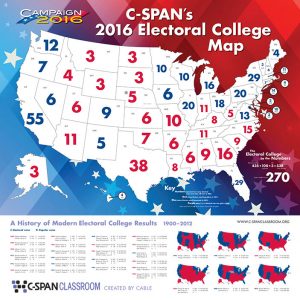
In 1787, when the founders of the American Constitution were deliberating on allowing a presidential election to occur by popular vote, James Madison stated that “Negroes” in the South presented a “difficulty … of a serious nature.”
In the course of that same speech which took place on Thursday, 19th of July, a prototype of the system of Electoral College used by America today, was therefore proposed by Madison. It was modeled in a way that provided each State with a number of electoral votes that is proportioned to population, and the election is therefore won by the candidate who wins the majority of the votes.
President Madison, who is now referred to as the “Father of the Constitution,” owned slaves in Virginia, a State that had the highest population of the existing 13 States if slaves who accounted for 40% of its population are included in the count.
That speech by Madison at the constitutional Convention in Philadelphia is regarded as a key speech in the history of the U.S. During the speech, he also stated that with a popular vote, the Southern states “could have no influence in the election on the score of Negroes.”
Madison was aware that, in spite of the fact that there were more than 500 thousand slaves in the South, the North would still outnumber the South as the slaves could not vote. His proposal for the Electoral College included what was known as the “three-fifths compromise”. The idea of the compromise was that, instead of counting black people as a whole, they’ll be counted as three-fifths of a person. With this clause, a president could get more than a quarter of what he needed to win, as the clause garnered the State 12 out of the 91 electoral votes.
The Electoral College remained intact even after the abolition of slavery and the Civil War which led to citizenship and the introduction of voting rights for blacks. A professor of law and an avid researcher, who has written that the American Constitution is pro-slavery, believes that despite the provisions of the Voting Rights Act of 1965, the Constitution gave States autonomy to introduce discriminatory voting laws.
In 2013, the Supreme Court made a pronouncement that freed 9 Southern States from a provision of the Voting Rights Act that prevented them from changing voter laws without the approval of the Federal Government. What a shame; they immediately began enforcing draconian voting registration laws designed to curtail the amount of minority voting; this process is most commonly referred to as voter suppression.
The only way to formally abolish the Electoral College is by means of a Constitutional amendment. However, John Koza’s National Popular Vote (NPV) campaign which was launched after the 2000 election has a different way of approaching it:
They do this by lobbying States to pass legislation to the effect that they’ll pass their electoral votes to the winner of the popular vote which is permitted under the Constitution. However, the legislation only goes into effect when the States representing a majority of electoral votes which Is 270, sign on. It is at this point that its goal of ensuring that the candidate who gets majority votes wins the presidency is achieved.
At this point, 10 of the 50 States including the District of Columbia, representing 165 electoral votes, are on board. However, none of them can be classified as “red” States. This is to be expected, as the South and Republican power are both rooted in the ability to win large, spread out areas of people instead of actually winning the popular vote.
Koza stated that “When we first started, Republicans bristled at the idea of discussing this,” seeing as the implication would’ve been that George W. Bush’s presidency was unlawful. With the passing of the years, their attitude has softened a little, which is evident in the fact that GOP-controlled Chambers in both Oklahoma and Arizona have passed the NPV. However, according to Koza, November 8th’s election results, with a president Trump, could lead to the GOP once again rejecting the idea.
Some conservatives are of the opinion that there’s no need for reform. Brad Smith, a Republican who is a former Federal Election Commissioner wrote in a 2008 paper opposing the NPV campaign that, “Our system for electing a president has worked pretty well, and there is no real case being made that it will work better if changed — only that it will look nicer if one subscribes to one particular vision of how democracies should work.”
Tara Ross, who is a conservative activist and the author of the 2004 book “Enlightened Democracy: The Case for the Electoral College,” is of the view that the system guarantees that candidates seek votes across the country and not just from populous areas.” Without it, Ross posits, “we could see the end of presidential candidates who care about the needs and concerns of people in smaller states or outside of big cities.”
Yet, the present system limits campaigning to a handful of swing states which makes it worse in that regard. But Ross’s argument is that the Electoral College has a further benefit, which is to foil majority rule. “The Founders had no intention of creating a pure majority-rule democracy,” Ross stated. “In a pure democracy, bare majorities can easily tyrannize the rest of the country.”
People are mystified that a process that allows the discriminatory candidate with less votes to become president, can then protect the interests of minorities. It is obvious indeed that was not what the founding fathers, with all their human encumbrances, had in mind when they created the Electoral College. However, it could still be said that the fear of majority democracy contributed to the idea.
Finally, abolishing the Electoral College has unwritten positive significances: It will get rid of “red states” vs. “blue states.” This model does nothing to help a constructive political dialogue, and only divides us as a nation along racial, political and economic lines. It will also force candidates to campaign everywhere. Right now, there are a number of states that rarely see the inner workings of a political campaign; consequently, the candidates visit only to raise money and then vanish afterwards. It is clear that this is not an effective democratic republic process. Most importantly, abolishing the Electoral College with a system of popular vote will make it clear that the President represents the people, all the people…not just the ones in the states that got him or her elected.
Staff Writer; Stanley G. Buford
Feel free to connect with this brother via Twitter; Stanley G. and alsofacebook; http://www.facebook.com/sgbuford.
















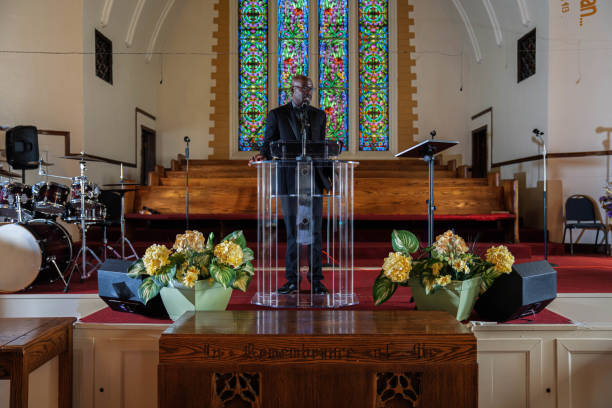
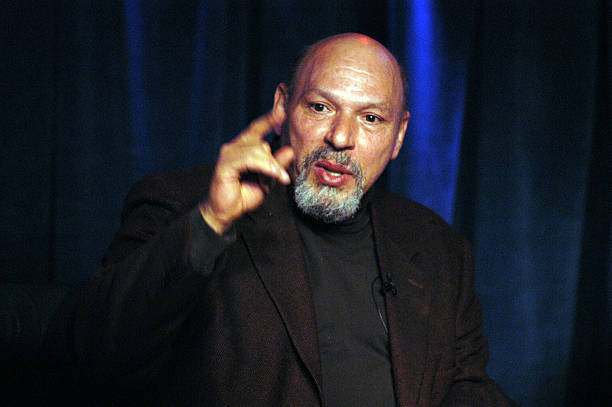
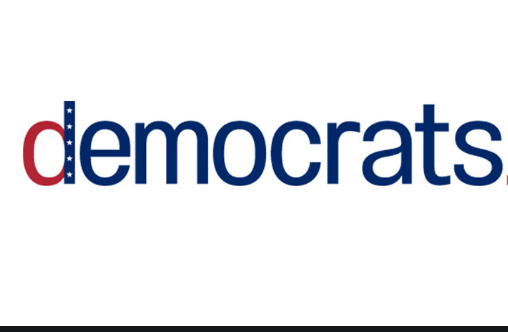
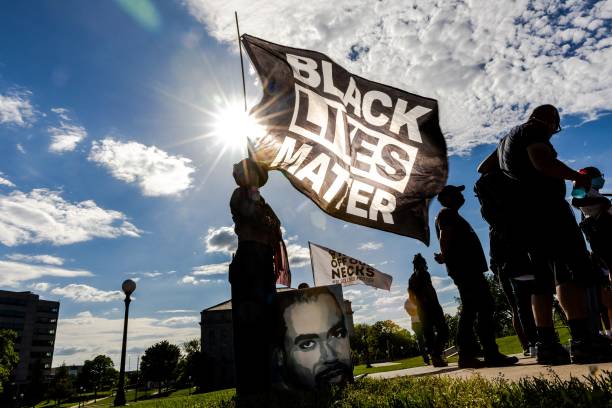
Leave a Reply